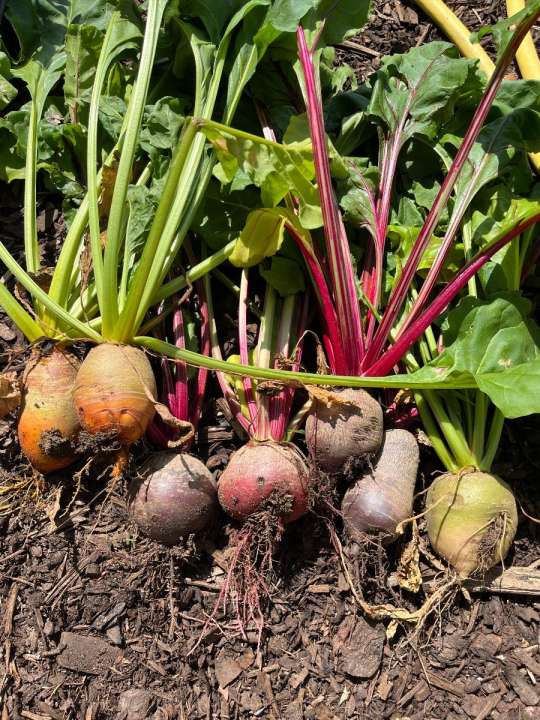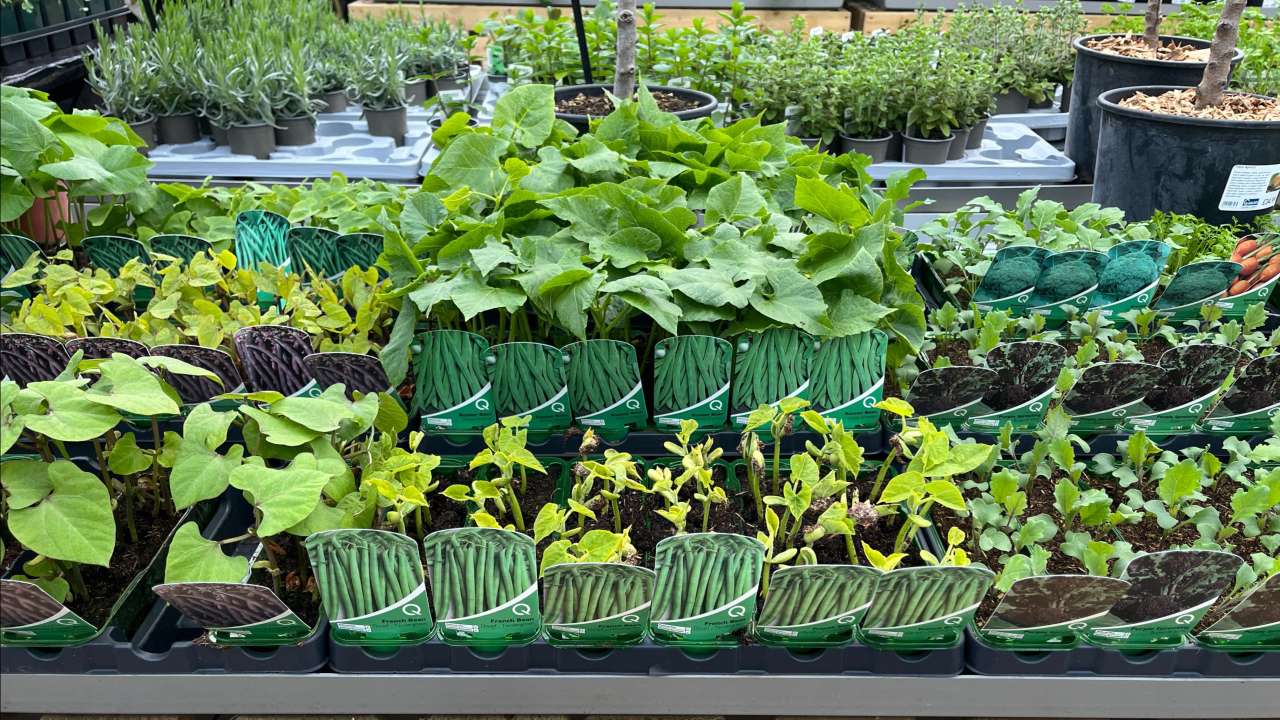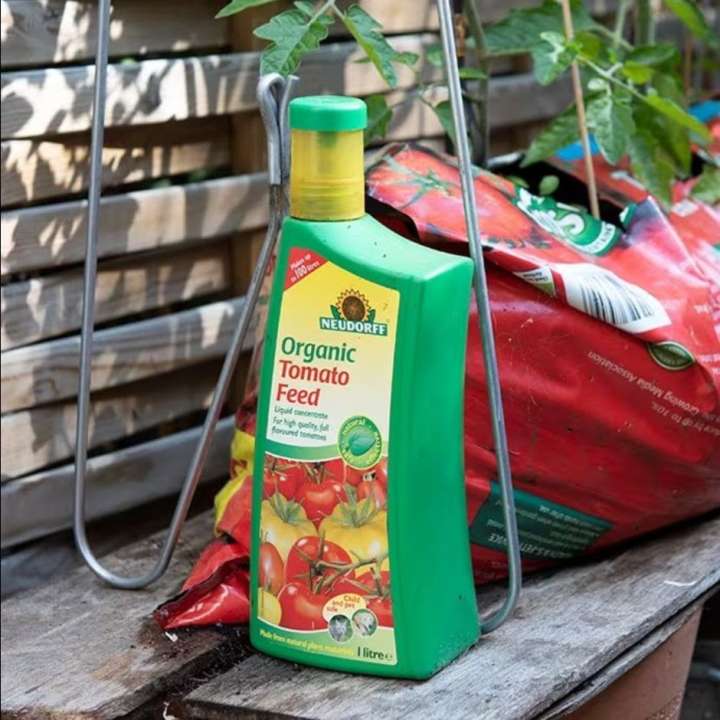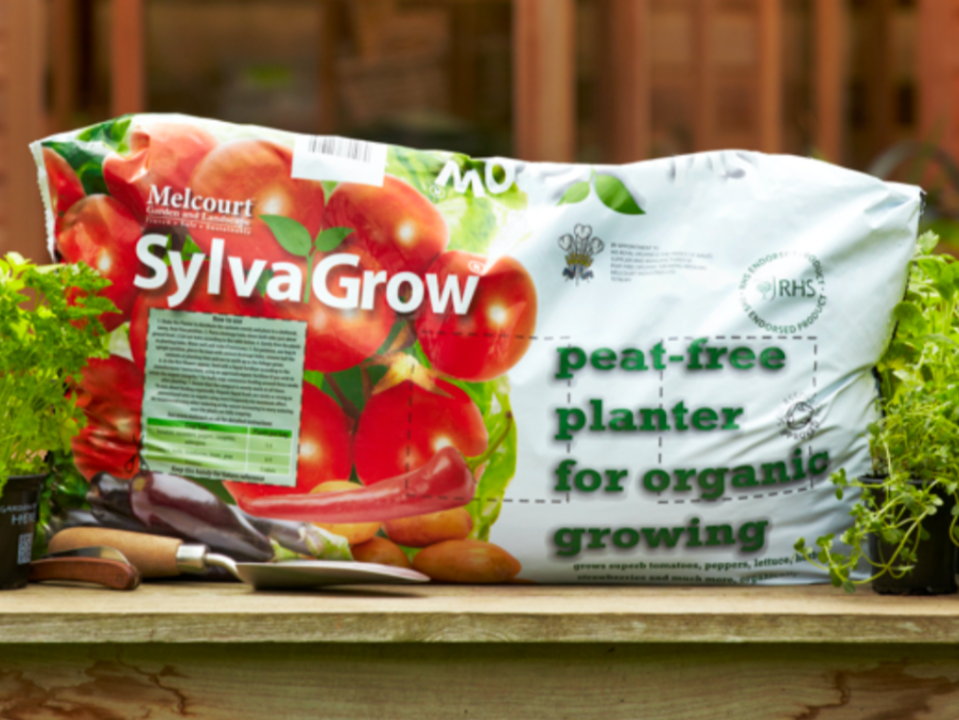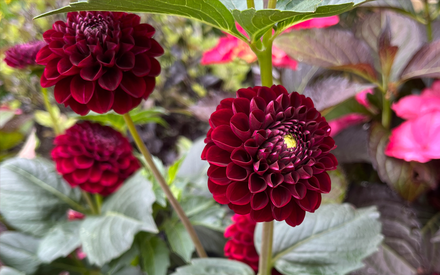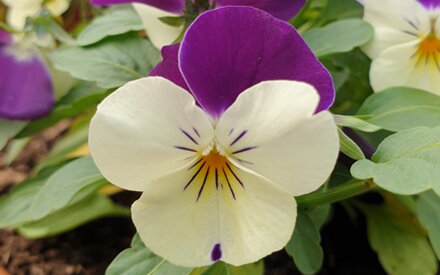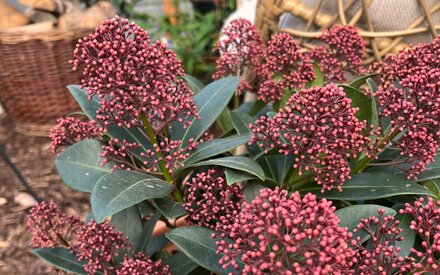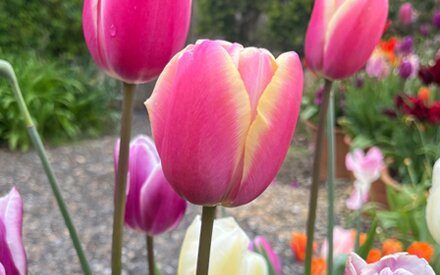Starting a Vegetable Garden
If you are not sure which vegetables to choose, one of the best places to start is by choosing the veg and herbs that you like to eat regularly.
Some veg grows rapidly, such as cut-and-come-again salad. You can have a seamless supply of fresh salad leaves by starting at one end of the row and harvesting the outside leaves regularly and by the time you have reached the end of the row the leaves will have regrown at the beginning.
Other quick veg are beetroot, radishes, chard and carrots, not only are they colourful but they are easy to grow. Plants like cucumbers and tomatoes are best grown in a greenhouse or a south-facing wall which gets plenty of sun.
Some veg are suited better to an area where there is a lot of space such as brussels sprouts as they can grow to be 1 meter tall and are slow to mature.
Remember to protect your vegetables from frost as they need the sunshine and warmth!
The Perfect Veg Patch
Most veg and herbs need full sun, so find the sunniest, sheltered spot in your garden which doesn't get hit by strong winds. The soil should be free-draining, and filled with organic material mixed with topsoil or compost to a depth of about 30cm. If your soil is thin and chalky or heavy clay, consider using raised beds or a few large pots instead.
As gardeners, we spend a lot of our time fighting weeds so make your life a bit easier and spread a layer of mulch about 5cm deep to prevent weeds from germinating. I often use shredded bark for the paths and a good layer of Strulch around my vegetable seedlings as this discourages slugs too.
It's also important to rotate your plants each year and plant them in another patch of soil to prevent a build-up of pests and diseases.

